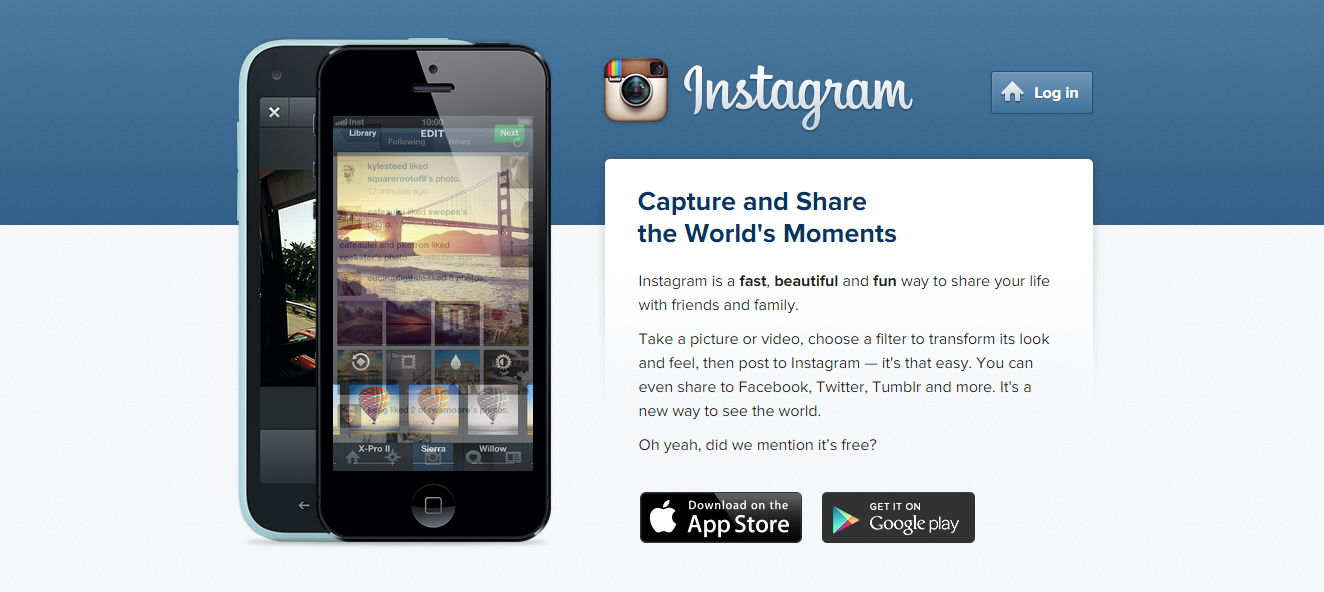The way we consume web-content today, has changed drastically from what it used to be a decade ago. Unlike old times, we now have websites which not just provide us with their content, they also interact with us. You quite frequently see those viewer leaderboards, viewer points, badges etc. on news websites today. Well, Bangalore-based Playlyfe, a start-up in this market called ‘gamification’, is helping websites become more interactive, by providing gaming related rating systems, in a non-gaming context.
For those of you who do not know what ‘Gamification’ is, let’s debrief you a bit on the same. Gamification (which itself is a self-made word), is the application of gaming related mechanisms to non-gaming context. Those badges you earn after viewing a certain number of articles on a news website ? That is gamification. The ‘Trending Now’ bar you see on the left hand side of our website, that’s an article leader-board i .e. Gamification.
Gamification started trending in the US in early 2010. However since then, its been growing at a snarling pace outside the US. While websites in the US successfully adopted this gamification model to engage more visitors, when it comes to India, we haven’t really been able to interact with visitors, the way our US counterparts have been doing. While India boasts of some of world’s largest media houses, Gamification is still in its nascent stage at best.
Playlyfe aims to change that. It offers an online gamification platform which can be used to quickly design and prototype a gamified system with literally zero investment. The Playlyfe Platform provides a JSON based REST API that can be used to integrate gamification into virtually any web based application. For certain extremely common scenarios such as sales performance management , Playlyfe provides complete out of the box solutions to quickly solve these problems.
Certain perfect examples of gamified websites include popular programmer’s forum Stack OverFlow, Nike’s Nike Plus brand and Khan academy among others. While we all have witnessed gamification on online avatars of popular Indian media houses, those platforms aren’t solving the purpose they are meant to – visitor engagement.
Playlyfe’s API can be used to integrate gamification into applications on multiple levels. It offers varied levels of interactions and integrations, ranging from something as simple as integrating Plalyfe’s native API to your own web applications, to as complex as developing customised gamification solution as per a brand’s specific requirements. Here’s a look at how Playlyfe’s API works :
[huge_it_gallery id=”11″]Native Playlyfe applications, the simplest of all, are auto generated and hosted on Playlyfe’s application server at games.playlyfe.com. These also include solutions which are focused on specific domains such as sales performance management. A company could use Playlyfe’s gamification platform to allow competition among the sales team, thus pushing them to bring out their 100% output.
Playlyfe also provides ‘Playlyfe-based authentication services’ for external web-based applications. You can consider this similar to what Facebook’s Login API does for websites. You could embed Playlyfe’s API to allow visitors to log into your website in case you house restricted content on your servers. You could also simply use Playlyfe’s API to provide a more personalised and self-curated experience to your visitors.
However, if you do not wish to see Playlyfe’s branding on your external web application, you could simply use the API as a White Labeled External Web Applicaiton. These types of applications integrate with the Playlyfe API on the backend. This allows the application to use its own login/authentication system and maintain its own look and feel. Playlyfe is completely invisible in this scenario.
While the concept is still nascent in India, Playlyfe has still managed to gain good traction in the early-stages of its product. AIESEC, a global Not-for-profit youth organisation, uses Playlyfe to drive it’s volunteer engagement. However, the first big break for Playlyfe came when Dieta e Saude, Brazil’s largest online fitness site, switched to the Bangalore startup for their gamification requirements, after terminating its partnership with BadgeVille, which is the current market leader.
Playlyfe has been under development for over 2 years now, and since the final product is out, founders are now looking to raise a seed round to further scale up operations and expand to a more global market. Since India is still a small market, the start-up may well plan to target clients outside, more aggressively.
To develop your own gamified solution via Playlyfe, you can tune in right here.
The Tech Portal is published by Blue Box Media Private Limited. Our investors have no influence over our reporting. Read our full Ownership and Funding Disclosure →






